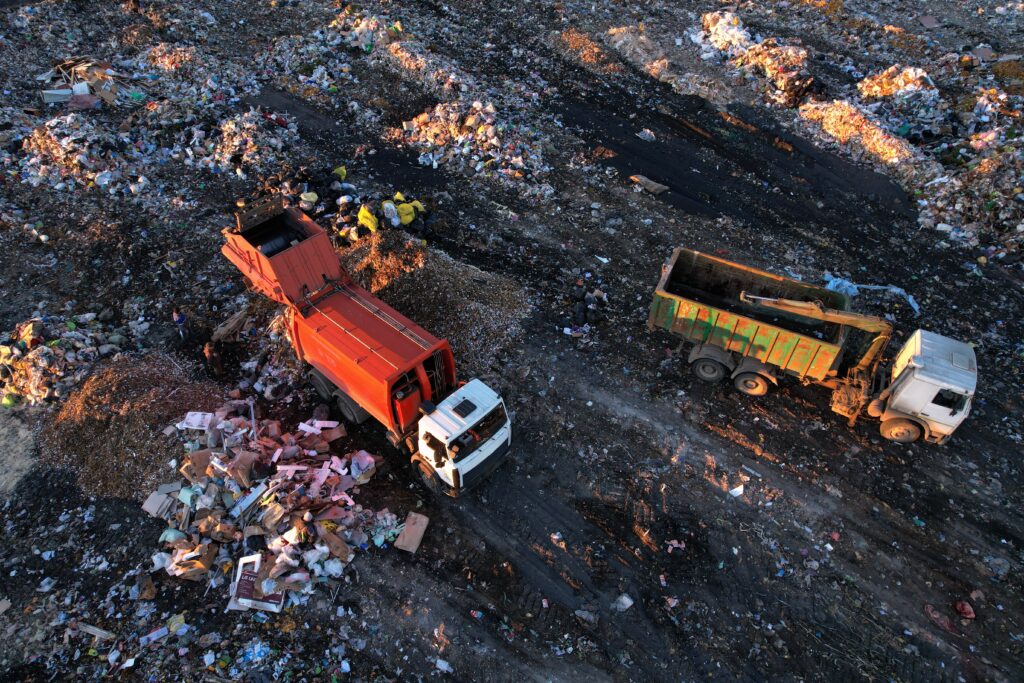A ban on the sale, storage and use of creosote wood treatment products has come into force in the UK following the stipulations of a 2001 European Directive. However, with a worrying lack of publicity given to the ban, many local authorities have been unsure what to do with any creosote handed in at civic amenity sites.
Based on research carried out by the Fraunhoffer Insitute, the European Union has decided creosote, obtained from the distillation of coal tar, poses a greater cancer risk than was previously thought.
This has led to a Europe-wide ban, and as a result, the Health and Safety Executive in the UK banned official dealers from selling creosote from February 28, 2003, all other dealers from April 30, 2003, and a full ban on the sale, storage and amateur use of creosote came into affect on June 30, 2003.
However, a ban on the supply or storage of creosote for the purposes of disposal only comes into effect next year, on June 30, 2004.
Councils
The Health and Safety Executive has been encouraging householders to get in touch with their local councils about what to do with any unused creosote, but some local authorities have not been properly informed about what they are supposed to do with the creosote.
A spokesperson for the Environment Agency told letsrecycle.com that local authorities ought to get in touch with their nearest authorised waste management contractor to dispose of the hazardous material.
The spokesperson said: “Regarding the safe disposal of creosote, the Environment Agency is advising local authorities that appropriately authorised waste disposal contractors are the appropriate route for disposing of such wastes. The Agency will not tolerate illegal disposal by flytipping and will enforce where it finds evidence of such abuses.”
Professionals
Under the new regulations, creosote products may still be used by professional users or in industrial plants as long as they contain less than 0.005 % by mass of benzo-alpha-pyrene, and water extractable phenols at a concentration less than 3 % by mass. They will only be able to buy these products in packs of 20 litres or more and must not sell them on to amateurs.
The Wood Protection Association has also warned that wood that has been treated with creosote at any time in the past may no longer be placed on the second-hand market for re-use or recycling. The Association guidance said: “Wood treated or re-treated (in any way) with creosote before or after 30 June 2003 may be placed on the market for first-time professional/industrial uses only.”
Anyone found to be supplying creosote, some similar products, or timber treated with creosote faces a maximum penalty of six months imprisonment and/or a fine of up to 5000.
For more information about the creosote ban, see the Health and Safety Executive website.








Subscribe for free